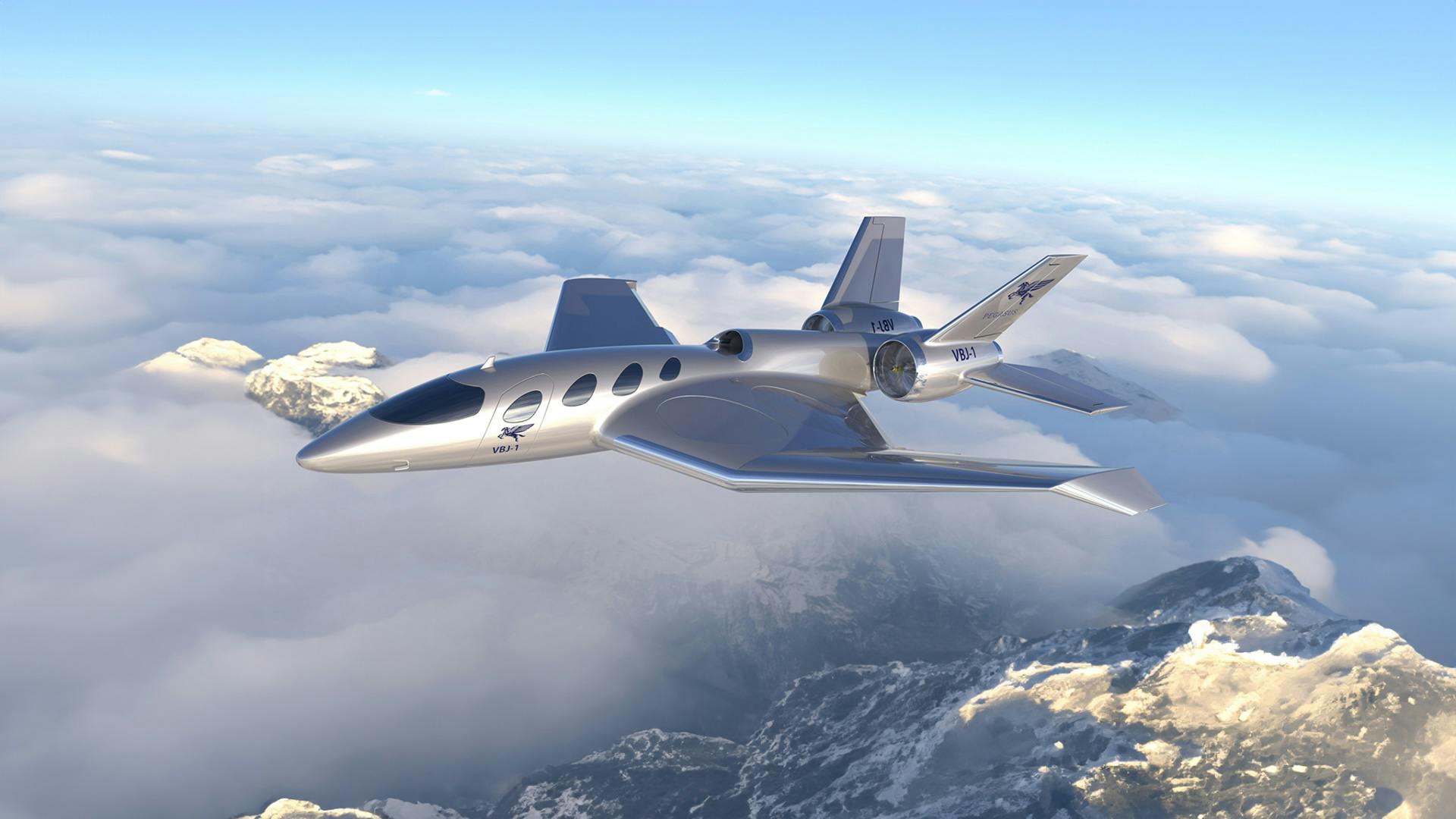Courtesy of the Wiltshire Times: Sandra Bullock film The Lost City features Wiltshire-made tech | Wiltshire Times
Based in Salisbury, Callen-Lenz helped develop the mind-blowing vertical take-off and landing (eVTOL) feature on the Pegasus Vertical Business Jet, which has recently been used in The Lost City, starring Hollywood legends Daniel Radcliffe, Sandra Bullock, Channing Tatum and other big names.
Callen-Lenz helped develop a novel fan-in-wing control system, named Project NOMAD, which received £1 million of UK Government funding as part of plans to make the country a world leader in future aviation technology.
The hope is that the ground-breaking design of the Pegasus aircraft will promote the creation of similar features which may one day move from Hollywood movie sets to the wider consumer market.
Piers Hankinson, Business Development Director at Callen-Lenz, reflected on what the process was like.
He said: “To see the Pegasus Vertical Business Jet coming to life in a Hollywood film is fantastic: the innovation behind the scenes is even more impressive!
“Our team is enjoying working on the vertical take-off system and flight controls for the Pegasus, making the flight experience viable, smoother and safer.”
Two quarter-size Pegasus VBJ aircraft are being used in the project, with a wingspan of roughly 4m tip-to-tip and 4m nose-to-tail.
Flight testing of a 1/4-scale jet is set to begin this year in Wiltshire, with the results helping to advance the full-scale aircraft project.
Mr Hankinson added: “I’m certain that the research and development that we (Callen-Lenz) and Pegasus Universal Aerospace and our other partners have done over the past 12 months will lead to further groundbreaking aerospace innovations in the years to come.
“We see it disrupting the aerospace market because it can reduce journey times, and costs, and actually it’s driven by an environmentally friendly hybrid power system and that’s what’s featured in the movie but one needs to be realistic.
“This is some years away yet though, to be honest.”
The company is ever-growing and is aiming to deliver “high-quality technology, create jobs in the local area and generate value” according to Mr Hankinson.
He said: “I think it’s very realistic that we’ll change in aerospace, but it’s a question of how quickly.
“Part of what we’re doing is ensuring that the flight control avionics are sufficiently air-worthy and certified that the authorities in the UK and overseas are prepared for this aircraft to fly over cities, for example.”
Next post
